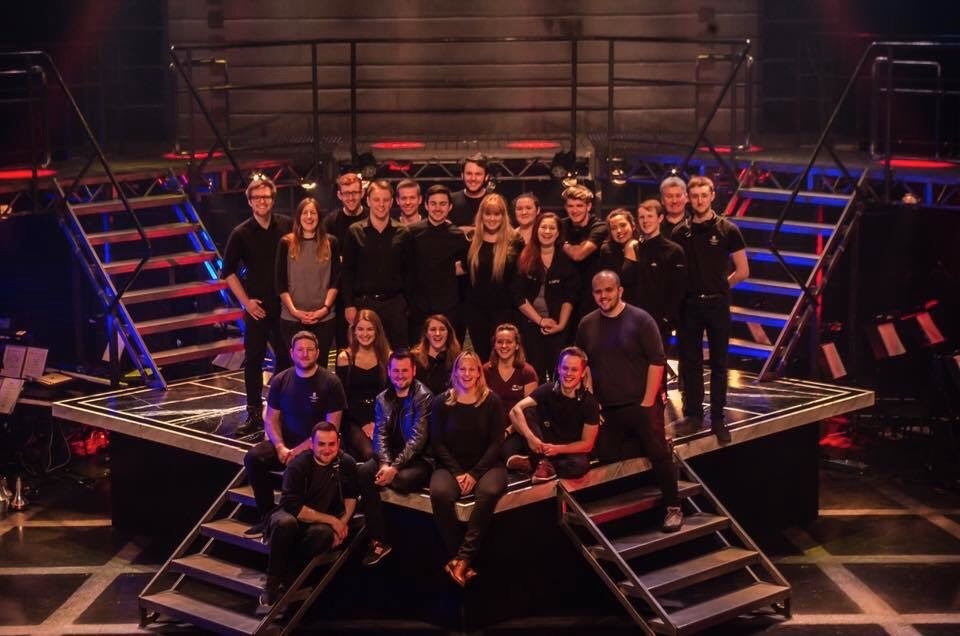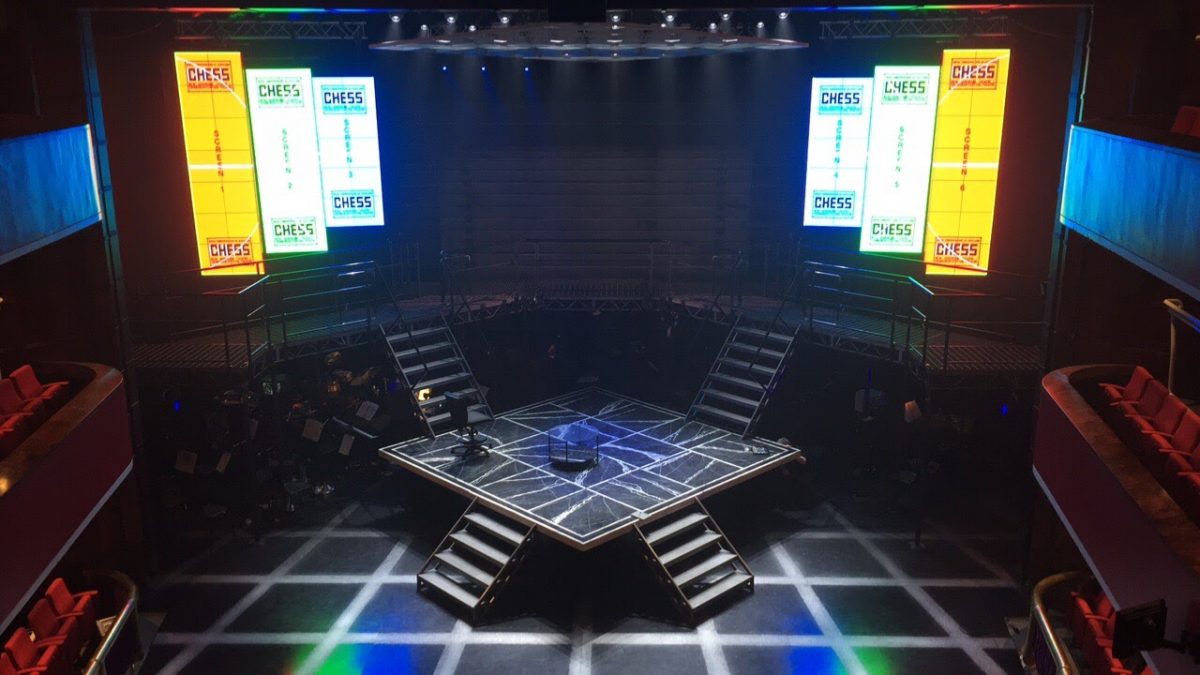This is what Chess has taught me. I am not a perfect person. This may sound painfully obvious but beginning this process on a high of successive successful shows from Innerspace and Bridge Week I needed something to bring me back to earth. This experience taught me three things; to talk, to shut up and to think. The first became obvious as the allocation went on. I’d find that it would sometimes get to a point where the team, and myself, would isolate ourselves into our own projects, wanting so desperately to take ownership of something for themselves at the exclusion of others. I understand now the value and necessity of communication and collaboration, as it will always lead to a better end product.
The second was harder to realise, as it is something you never notice until someone points it out to you. Though it is an idea I know I struggle with, I have to force myself not to jump in at times, even when I know I have the answer. I’m a prime example of the school of thought of ‘I know I’m right, so why shouldn’t I be the one to show it’. But this time has shown this often to be more incorrect than true. I don’t have all the answers and it’s not my place to. Sometimes it’s ok to acknowledge you don’t know rather than fabricating something to make you look knowledgeable. It’s cocky and it’ll lead to a misstep when you realise it’s wrong. Though it was a hard idea to grasp, and though it sounds overly self-focused to believe it, sometimes others need to be left to succeed at your expense. Not knowing isn’t a weakness. Asking for help isn’t the same as showing you have failed.
This leads on to point three. I’ve never been someone to hyper-analyse their decisions before or after enacting them. That’s why my reflective writing would often seem self-praising or waffly. I’ve also never had the ability to fully grasp my emotional input to a project – for reasons I shall not delve into – often resulting in me becoming far too attached to my own ideas and drive at the expense of collaboration with others. But by watching how my peers work, by watching how they succeed, I can’t help but see the value in not throwing myself into something without so much as a semblance of what I should hope to achieve. Too much overplanning can result in inaction, though I am never going to get to that stage I’m sure, but a reasoned approach to work can only result in a better result at the other end.
Has this allocation resulted in me addressing all of these shortcomings? No. Truth be told they were pointed out to me too late on for me to make any great bounds in addressing them. But what it has done is shown my flaws in a way which directly impacts the way I work and, by doing so, puts them at odds with me improving as a practitioner. This results in me having no option but to address them should I wish to succeed and gives me the perfect starting point from which to develop.


